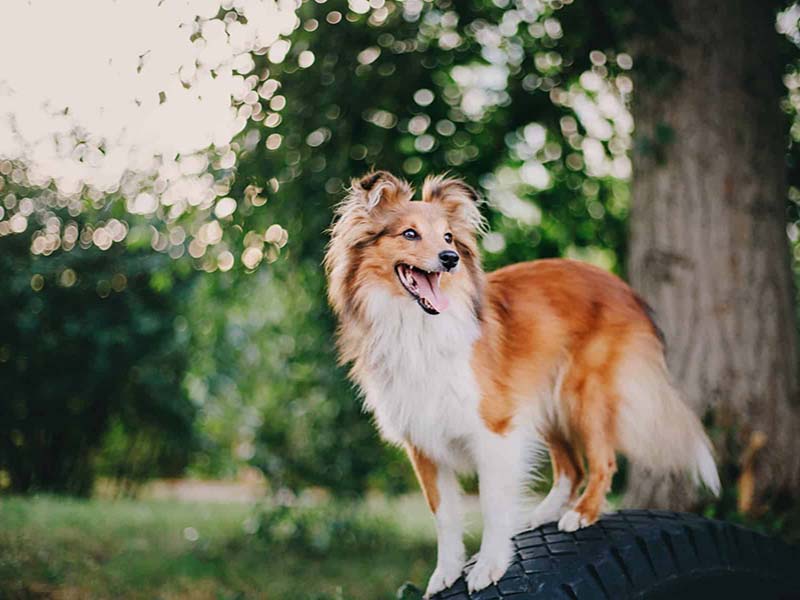x
Home
Dog Food
Starter & Puppy Food
Adult Dog Food
Pure Breed Food
Wet Food
Prescription Diet
Dog Supplement
Dog Supplements
Dog Grooming
Dog Shampoos & Conditioners
Ear & Eye Care
Dog Brushes
Dog Combs
Dog Groomimg Tools
Dry Bathing
Deodorizers
Bath Accessories
Dog Muzzles
Dog Treats
All Dog Treats
Dog Treats Combo
Dog Biscuits
Dog Chew Bones
Dog Toys
Squeaky & TPR Toys
Rope Toys
Chew Toys
Plush Toys
Collars & Leashes
Dog Collars
Dog Chains
Dog Harness
Dog Leashes
Leashes
Bowls & Feeders
Plastic Bowls
Steel Bowls
Dog Water Feeder
Dog Cleaning
Diapers
Waste Management
Dog Training Pads
Dog Wipes
Dog Apparel
Fashion Dog Wear
Dog Footwear
Dog Bows, Tie, Bandanas
Winter Collection
Dog Beds
All Dog Bed
Cages & Carrying Bags
Cages
Carrying Bags
Cat Dry Food
All Cat Dry Foods
Cat Treats
All Cat Treats
Cat Grooming
All Cat Shampoo
Cat Supplement
All Cat Supplements
Cat Toys & Accessories
All Cat Toys & Accessories
Bird Food
All Bird Food
Bird Supplements
All Bird Supplements
Bird Hand Feeding
All Bird Hand Feeding
Bird Toys & Accessories
All Bird Accessories
Pigeon Supplements
All Pigeon Supplements
Blog

 0
0 
Helpline (10AM to 8PM): +91 9073979774
Email: info@petindiaonline.com
Email: info@petindiaonline.com




.jpg)





